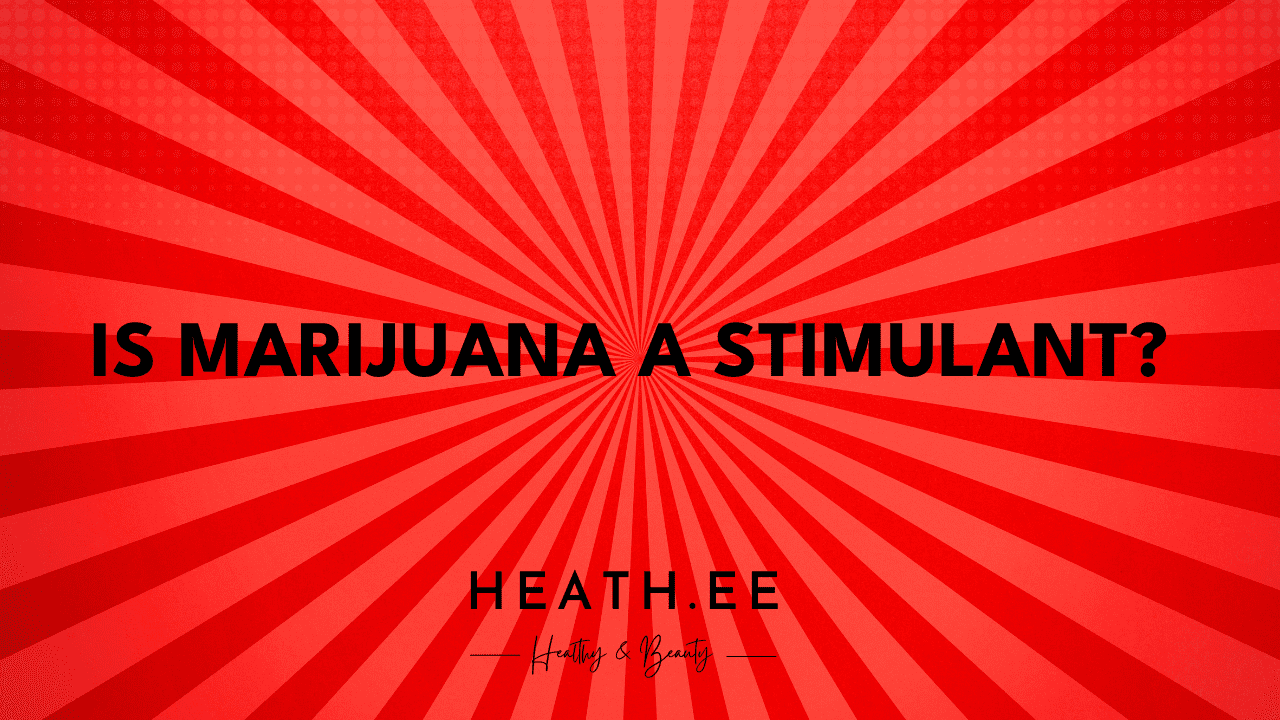Marijuana is one of the most controversial substances in the world. It is used for both recreational and medicinal purposes, yet its legal status varies from country to country. One of the most hotly debated questions about marijuana is whether or not it is a stimulant. In this article, we’ll take a closer look at the evidence to try and answer this question.
What is a Stimulant?
A stimulant is a substance that increases alertness, attention, and energy. Stimulants can be either natural or synthetic, and they can be found in many different forms. Commonly known stimulants include caffeine, nicotine, and amphetamines.

How Does Marijuana Affect the Body?
Marijuana is a plant that contains more than 100 different compounds, the most well-known of which is delta-9-tetrahydrocannabinol (THC). THC is the compound responsible for the psychoactive effects of marijuana, such as feeling relaxed, having altered senses, and experiencing a “high.”
When THC enters the body, it binds to receptors in the brain and central nervous system, which can cause a range of effects. These effects can vary depending on the type and amount of marijuana consumed.
Is Marijuana a Stimulant?
The short answer is no. While marijuana does have some stimulant-like effects, it is not considered a stimulant in the same way that caffeine or nicotine are.
Marijuana does not directly increase alertness, attention, or energy levels in the way that other stimulants do. Instead, it can cause feelings of relaxation and euphoria. While these effects can be stimulating in their own way, they are not the same as the effects of traditional stimulants.

Is Marijuana a Depressant?
Marijuana is often classified as a depressant because it can cause feelings of relaxation and sedation. However, it is important to note that marijuana is not a true depressant.
Depressants, such as alcohol and benzodiazepines, directly slow down the central nervous system. Marijuana does not have this effect and can actually increase heart rate and blood pressure.
Is Marijuana a Hallucinogen?
Marijuana can also cause hallucinogenic effects, such as altered perception and changes in mood. However, it is not considered a true hallucinogen.
Hallucinogens, such as LSD and psilocybin, directly affect the brain’s serotonin receptors and can cause intense visual and auditory hallucinations. Marijuana does not have this effect and is not considered a true hallucinogen.
Is Marijuana an Intoxicant?
Marijuana is often classified as an intoxicant because it can cause feelings of intoxication and disorientation. However, it is not considered a true intoxicant.
Intoxicants, such as alcohol and opioids, directly affect the brain’s reward system and can cause feelings of extreme pleasure. Marijuana does not have this effect and is not considered a true intoxicant.
Is Marijuana a Narcotic?
Marijuana is not considered a narcotic. Narcotics, such as heroin and morphine, are highly addictive and can cause physical dependence. Marijuana does not have this effect and is not considered a true narcotic.
Is Marijuana Addictive?
Marijuana is not considered to be physically addictive, but it can be psychologically addictive. People who use marijuana regularly can become dependent on it, and they may experience withdrawal symptoms when they try to quit.
Conclusion
Marijuana is a complex substance that can cause a range of different effects. While it does have some stimulant-like effects, it is not considered a true stimulant. It is also not a depressant, hallucinogen, intoxicant, or narcotic. While marijuana is not considered physically addictive, it can be psychologically addictive.



